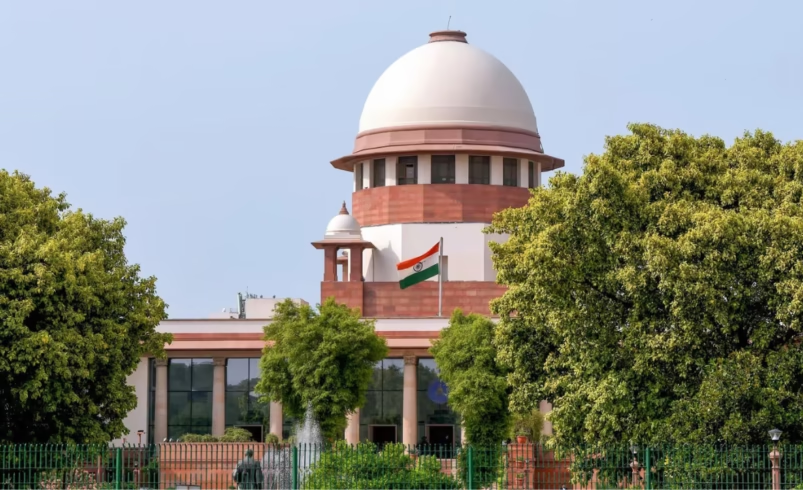UPSC commits to post-prelims answer key release after court directive
- October 5, 2025
- 0

The Union Public Service Commission (UPSC) has announced that it will publish the provisional answer keys for its preliminary examination immediately after the test concludes. The decision follows a directive from the Supreme Court and sustained appeals from aspirants seeking greater transparency in the evaluation process.
The Supreme Court’s observation played a pivotal role in prompting this policy shift. The court emphasized that releasing answer keys soon after the examination would strengthen fairness and accountability in one of India’s most competitive recruitment processes. Responding to this guidance, UPSC confirmed its readiness to make the keys available without delay once the prelims are completed.
For years, candidates have urged the commission to share answer keys promptly so they could verify their responses and raise valid objections if necessary. Previously, UPSC published these keys nearly a year after the examination cycle had ended, leaving little scope for correction or review. The new approach represents a significant step toward addressing these concerns and aligning with global best practices in public examinations.
Under the revised system, candidates will be able to challenge any discrepancies they identify in the provisional key by submitting documented evidence or references from credible sources. This mechanism ensures that any potential errors can be reviewed before finalizing results, reinforcing confidence among aspirants about the integrity of the process.
By agreeing to release answer keys immediately after the prelims, UPSC signals a broader commitment to openness in its operations. The move is expected to reduce speculation and misinformation that often circulate during the waiting period between exams and results. It also aligns with digital-era expectations of timely information sharing from public institutions conducting large-scale assessments.
This change could set a precedent for other government recruitment bodies across India, encouraging them to adopt similar measures for transparency and candidate engagement. Aspirants preparing for upcoming examinations may now benefit from faster feedback loops, enabling them to assess their performance more accurately and plan subsequent preparation strategies accordingly.
The Supreme Court’s directive and UPSC’s compliance mark a turning point in how competitive examinations are managed in India. By allowing immediate access to provisional answer keys and providing an avenue for objections, the commission has taken a decisive step toward ensuring fairness, clarity, and trust in its evaluation system—values that remain essential for any merit-based selection process.